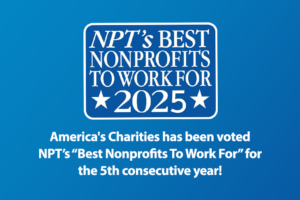Sarah Ford | May 26, 2015
Study Suggests New Way of Preventing Diabetes-Associated Blindness
Reporting on their study with lab-grown human cells, researchers at The Johns Hopkins University and the University of Maryland say that blocking a second blood vessel growth protein, along with one that is already well-known, could offer a new way to treat and prevent a blinding eye disease caused by diabetes.
A summary of the study appears online May 25 in Proceedings of the National Academy of Sciences.
The disease, diabetic retinopathy, is the most common cause of vision loss in working-age adults in the United States. Diabetic eye disease occurs when the normal blood vessels in the eye are replaced over time with abnormal, leaky, fragile blood vessels that leak fluid or bleed into the eye, damaging the light-sensitive retina and causing blindness. Forty to 45 percent of Americans with diabetes have diabetic retinopathy, according to the National Eye Institute.
Laser-sealing eye blood vessels can save central vision, but this often sacrifices peripheral and night vision, according to Akrit Sodhi, M.D., Ph.D., an assistant professor of ophthalmology at the Johns Hopkins University School of Medicine. Several recently developed drugs — bevacizumab, ranibizumab and aflibercept — can help treat these blood vessels by blocking the action of VEGF, a so-called growth factor released as part of a chain of signals in response to low oxygen levels, which stimulates the growth of new, often abnormal, blood vessels. But studies have shown that although these drugs slow progression to proliferative diabetic retinopathy, it does not reliably prevent it.
Donate to Nonprofits Supporting Diabetes Research:

Get Resources and Insights Straight To Your Inbox
Explore More Articles
For Fifth Consecutive Year America’s Charities Named ‘Best Nonprofit To Work For’
Washington, D.C. – April 1, 2025 – America’s Charities, the nonprofit that mobilizes the power of giving as a leading provider of volunteering, workplace giving,…
Read ArticleWorkplace Fundraising + Volunteering Summit (April 2nd and 3rd, 2025)
Join us in attending this virtual summit! The America’s Charities team is joining up with other leading voices in the workplace giving space for a…
Read ArticleThe Time to Act is Now
The results of the 2024 National Assessment of Educational Progress (NAEP) are in, and the findings are, in a word, heartbreaking. This assessment serves as…
Read ArticleGet Resources and Insights Straight To Your Inbox
Receive our monthly/bi-monthly newsletter filled with information about causes, nonprofit impact, and topics important for corporate social responsibility and employee engagement professionals, including disaster response, workplace giving, matching gifts, employee assistance funds, volunteering, scholarship award program management, grantmaking, and other philanthropic initiatives.




